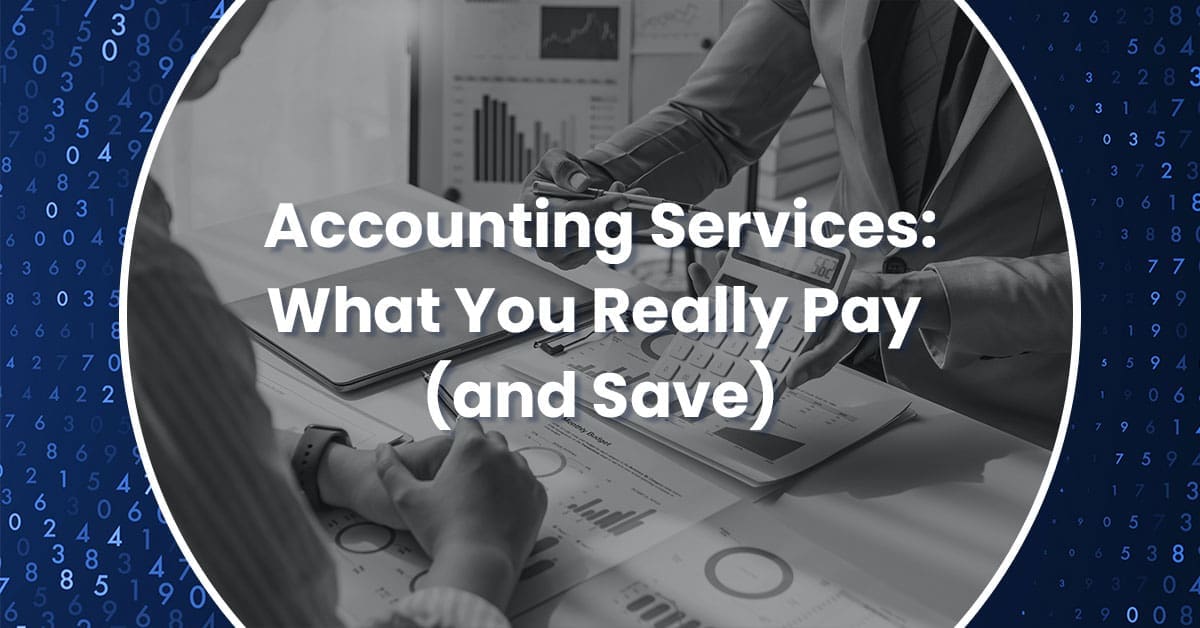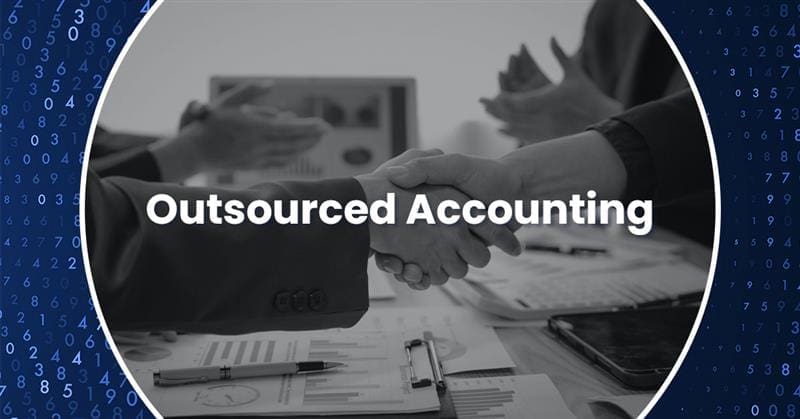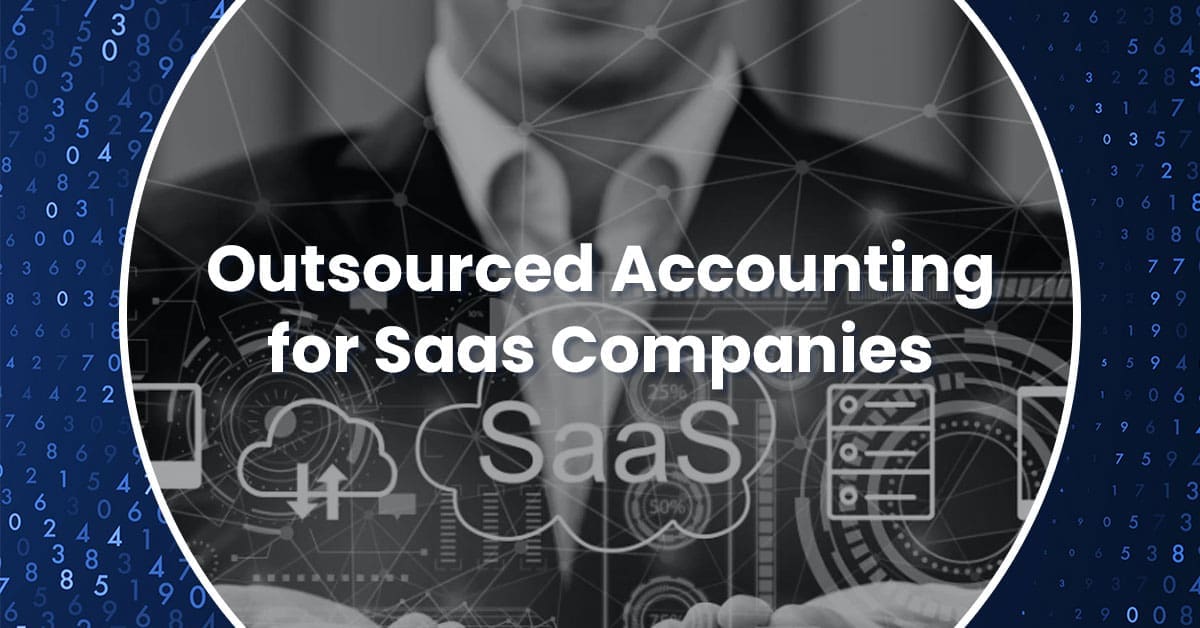Making confident financial decisions starts with clarity. If your business is growing, scaling, or simply aiming for more control over your financial operations, understanding the cost of outsourcing accounting services is essential. When approached strategically, outsourcing accounting services can offer not only cost savings but also the flexibility and expertise your in-house setup may be missing.
In this guide, we’ll break down what you can expect to pay, explore what influences the cost to outsource accounting, and help you determine whether it’s the right investment for your business.
Why Businesses Consider Outsourcing Accounting Services
As your business evolves, so do your financial needs. Accounting isn’t just about compliance; it’s about equipping your leadership team with the right data at the right time. While an in-house accountant can offer control and convenience, the outsourced accounting cost often provides a more efficient and scalable solution, especially when weighed against hidden employment costs like payroll taxes, benefits, training, and oversight.
Choosing to outsource is about more than reducing overhead. It’s about getting strategic, responsive, and expert-level support without the long-term commitment of a full-time hire.
What Affects the Cost of Outsourcing Accounting
There’s no one-size-fits-all pricing because there’s no one-size-fits-all business. The total cost is shaped by several key factors:
- Scope of Work. Are you looking for bookkeeping support, full-service accounting, or executive-level financial guidance like forecasting and FP&A?
- Transaction Volume and Complexity. Businesses with more activity, more entities, or more stakeholders will typically require broader support.
- Frequency of Reporting and Engagement. Do you need weekly insights and hands-on analysis, or monthly financials and compliance filings?
- Technology Requirements. Some companies benefit from platform integration and process automation, which can be factored into the engagement.
Rather than focusing solely on price, it’s more helpful to evaluate value—how well the service aligns with your goals and how it supports smarter business decisions.
How Much Does Outsourced Accounting Cost?
That’s one of the most common and important questions we hear. The truth is, the cost of outsourcing accounting services varies depending on business complexity, required services, and your provider’s level of expertise. Below, we break down typical pricing models and cost ranges.
- Hourly Billing
Common for ad hoc or project work. Rates usually range from $75 to $250 per hour.
- Monthly Retainer
This predictable pricing model is most common, ranging from $500 to $3,000 per month for standard bookkeeping. Full-service engagements, including payroll, accounts payable, and CFO oversight, can reach $5,000 or more.
- Value-Based Pricing
This model focuses on results, not time spent. It’s ideal for companies looking for strategic advisory services where outcomes matter most.
- Transaction-Based Pricing
Best suited for businesses with high volume. Fees are charged per invoice, reconciliation, or transaction.
Understanding which model fits your needs is key to accurately projecting your outsourced accounting cost and managing your financial resources efficiently.
Need help determining your right level of support? Let Wiss guide the conversation.
Outsourcing Accounting vs. In-House Accounting
Hiring a full-time accountant (salary, benefits, training, perks) can easily exceed $80,000 per year. In contrast, outsourcing at $2,000 per month totals roughly $24,000 annually, typically bundled with scalable expertise and systems support.
Most businesses see 40%–60% cost savings when bringing accounting functions in-house, plus get access to strategic guidance and operational tools.
What Kind of ROI Can You Expect?
Outsourcing isn’t just about savings; it’s about value. Here’s a simple way to calculate your return:
ROI = (In-House Cost – Outsourcing Cost) ÷ Outsourcing Cost × 100
For example, if your internal cost is $90,000 per year and your outsourced solution is $60,000, you’re gaining a 50% ROI. But beyond the math, you also get:
- Predictable, flat-rate monthly costs
- Strategic flexibility as your business changes
- Lower compliance risk and fewer internal roadblocks
Avoiding the Hidden Costs of Cheap Solutions
Not all providers are created equal. If a proposal looks too good to be true, it might be. Keep an eye out for:
- Extra charges for tax filings, dashboards, or reporting
- Unclear onboarding fees
- Vague scopes or shifting service commitments
At Wiss, our approach is straightforward. Every engagement begins with a clearly defined scope and pricing structure, so you always know what you’re paying for and what you’ll receive.
Is Outsourcing Accounting Right for Your Business?
If you’re evaluating the cost of outsourcing accounting services, don’t just ask what will it cost? Ask what will it deliver?
The right partner won’t just save you money, they’ll improve decision-making, ensure compliance, and give your leadership team the insights they need to grow confidently.
At Wiss, we’re not here to sell you a service. We’re here to help you design the financial foundation your business needs to scale sustainably. Let’s chat and explore what that could look like together.





 Previous
Previous






